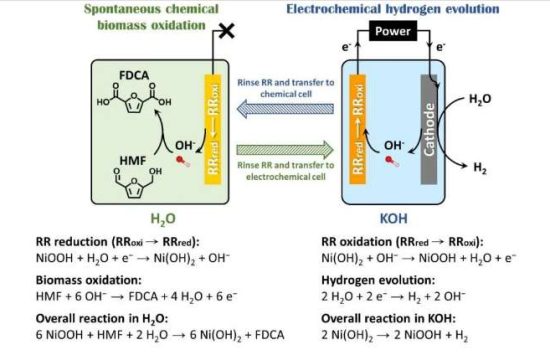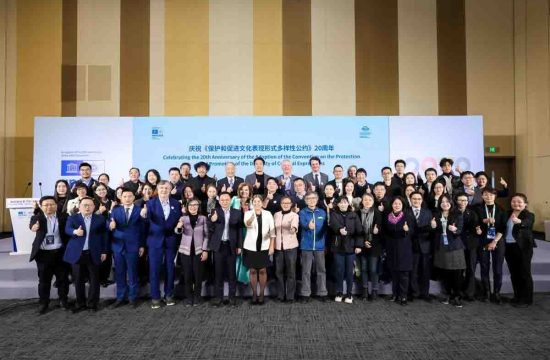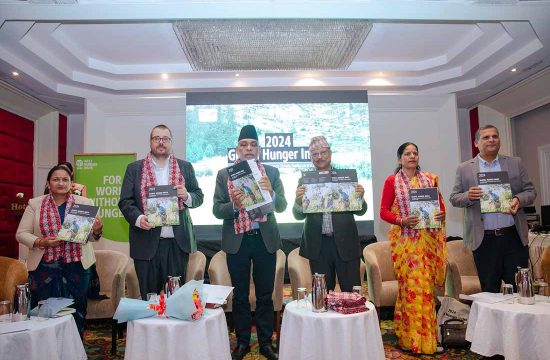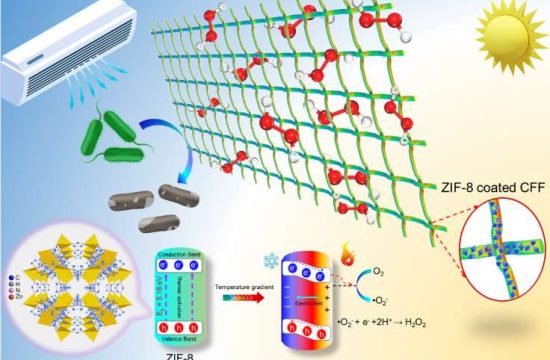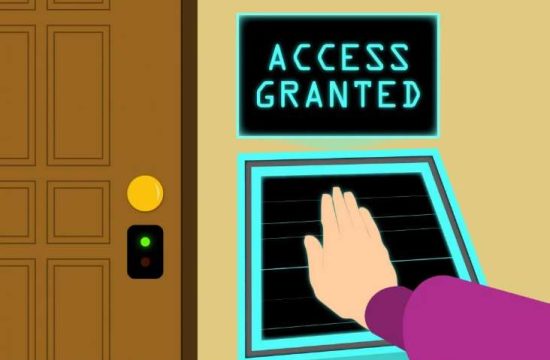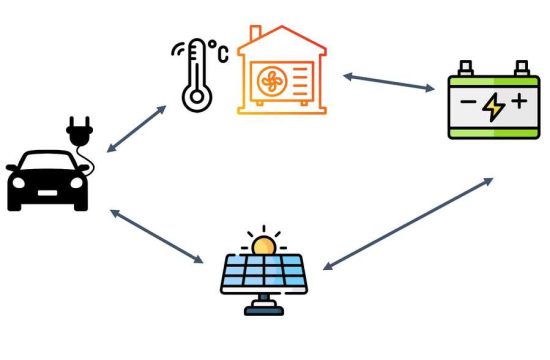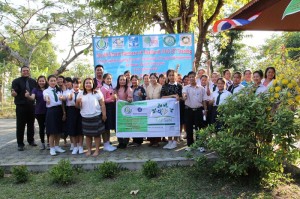 Over 150 farmers and supporters from Association of Southeast Asian Nations (ASEAN) countries gathered to exchange ideas and learned about regional innovations and knowledge during the Smart Farmer Regional Carnival in Chiangmai, Thailand on 20-23 January 2015. Siriporn Laosang, EmpowerWomen’s Regional Coordinator in Asia and the Pacific shares with us her main takeaways.
Over 150 farmers and supporters from Association of Southeast Asian Nations (ASEAN) countries gathered to exchange ideas and learned about regional innovations and knowledge during the Smart Farmer Regional Carnival in Chiangmai, Thailand on 20-23 January 2015. Siriporn Laosang, EmpowerWomen’s Regional Coordinator in Asia and the Pacific shares with us her main takeaways.
During the four-day carnival, participants were engaged in many activities, for instance, presentations and discussions on roles different sectors can play to empower ASEAN farmers through networking and collaboration with assistance of knowledge management tools and ICT. Exhibitions of farming tools, community products and local produce were open to public.
Selected young women enhanced their computer and internet skills through a Sustainable Agriculture, Food Security and Nutrition (SAFSeN) training-of-trainers session. Additionally, as trainers, these young women then taught and coached older farmers on how to use social media and online platforms to improve the productivity. Participants also learned sustainable farming techniques during workshop sessions and exhibitions.
I had the opportunity to talk to Natnicha Chorum, a 10 year-old pupil from Burirum, a Northeastern province in Thailand, who was one of the selected participants in the ASEAN Smart Farmers Carnival. Natnicha shared her enthusiasm: “I got to learn how to use google to search for all kind of information. I now have an email account and Facebook. To me, this technology makes the world so open and full of knowledge. Not only that I was trained during the Smart Farmers Carnival, I got to share and train farmers about internet and social network while I learned about farming techniques from them.”
The training-of-trainers session was part of the larger SAFSeN project initiated by the ASEAN Foundation and the Southeast Asian Council for Food Security and Fair Trade (SEACON). Developed in 2014, SAFSeN is an information center for farmers in ASEAN. The platform is expected to provide up-to-date information necessary to farming as well as marketing and selling of product, including seeds bank data, pest data, weather report and agricultural products price. Members of the SAFSeN who do not have email address can choose to participate in the discussions and obtain latest information from the platform via SMS. Another functionality of SAFSeN is the e-Store where farmers will be trained to sell their products online. A payment gateway was planned to add to the platform in the future. So far SAFSeN training sessions have been given to its network members in five countries; Indonesia, Laos, Malaysia, Viet Nam and Thailand.
This was the second time for Mali Seedee, a 50 year-old woman farmer from Burirum, to be trained about the internet and social network: “I can barely read English but I now know how to use Facebook and Line messenger to market and sell my products. My income increases and I learned a lot from connecting with other people online. I also learned about organic farming during the carnival and I know I can learn more about it by using the internet.”
The ASEAN Smart Farmers Carnival was made possible by collaboration among various sponsors and supporters including FAO, ITU, SAFSen, CCDKM, Microsoft, Intel and Maejo University.



